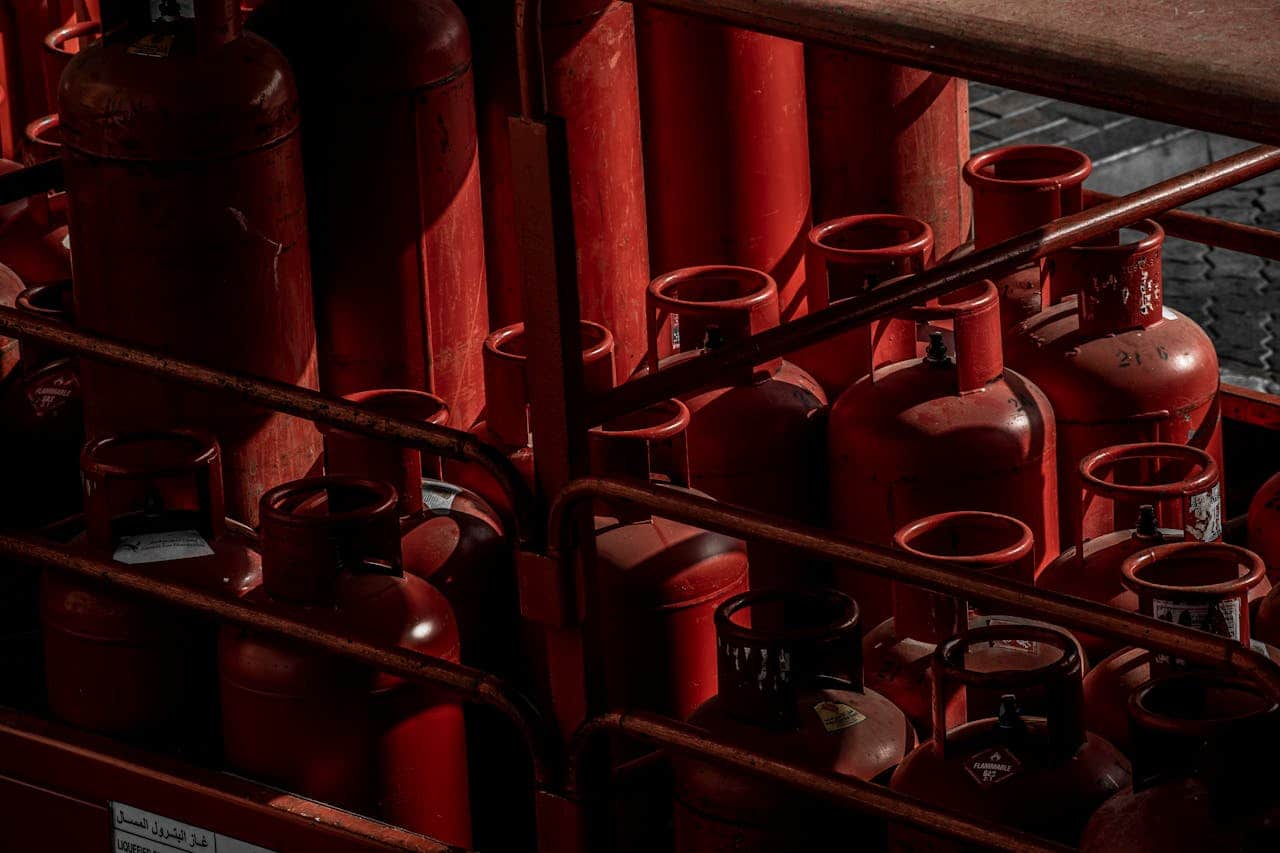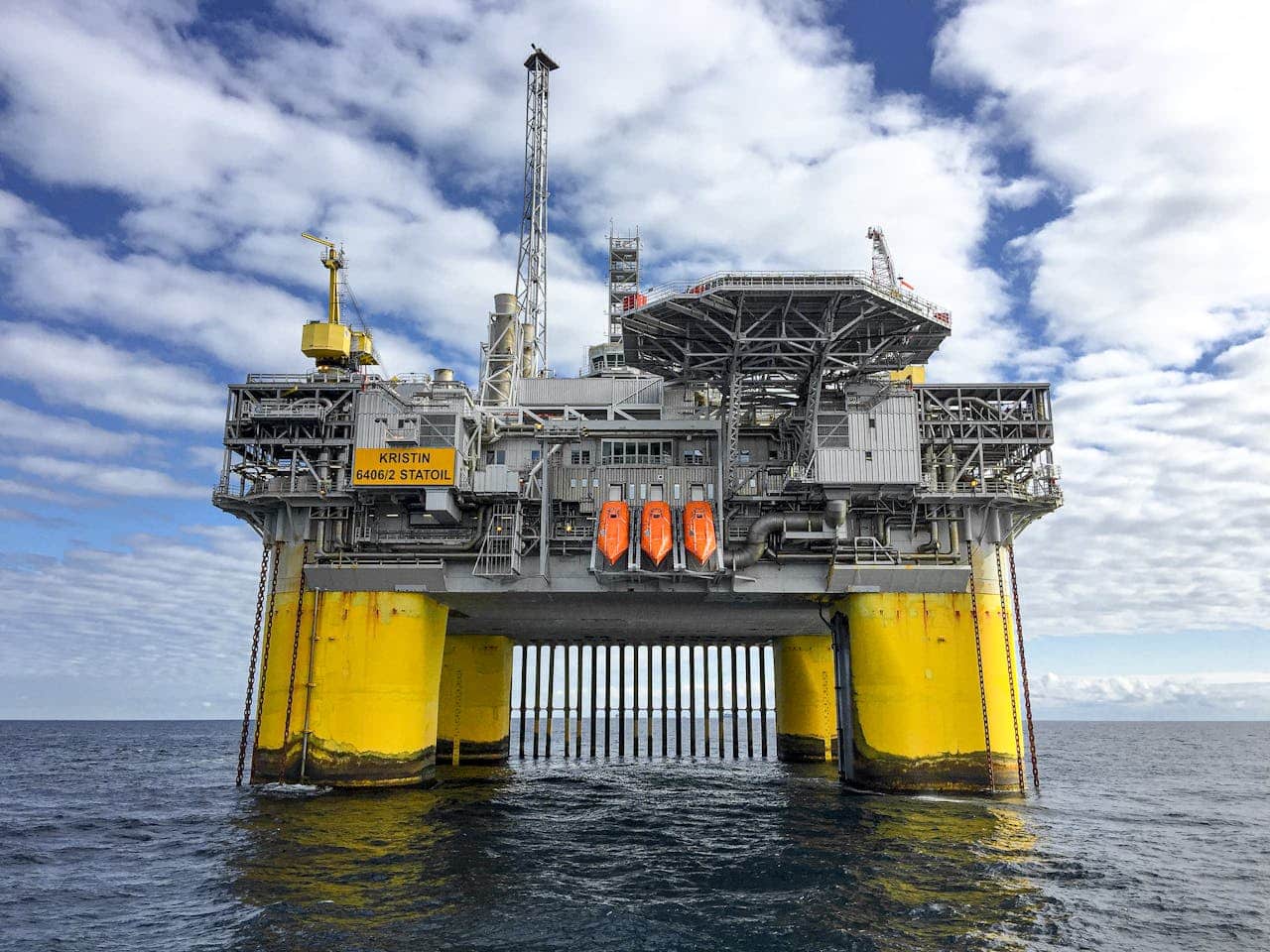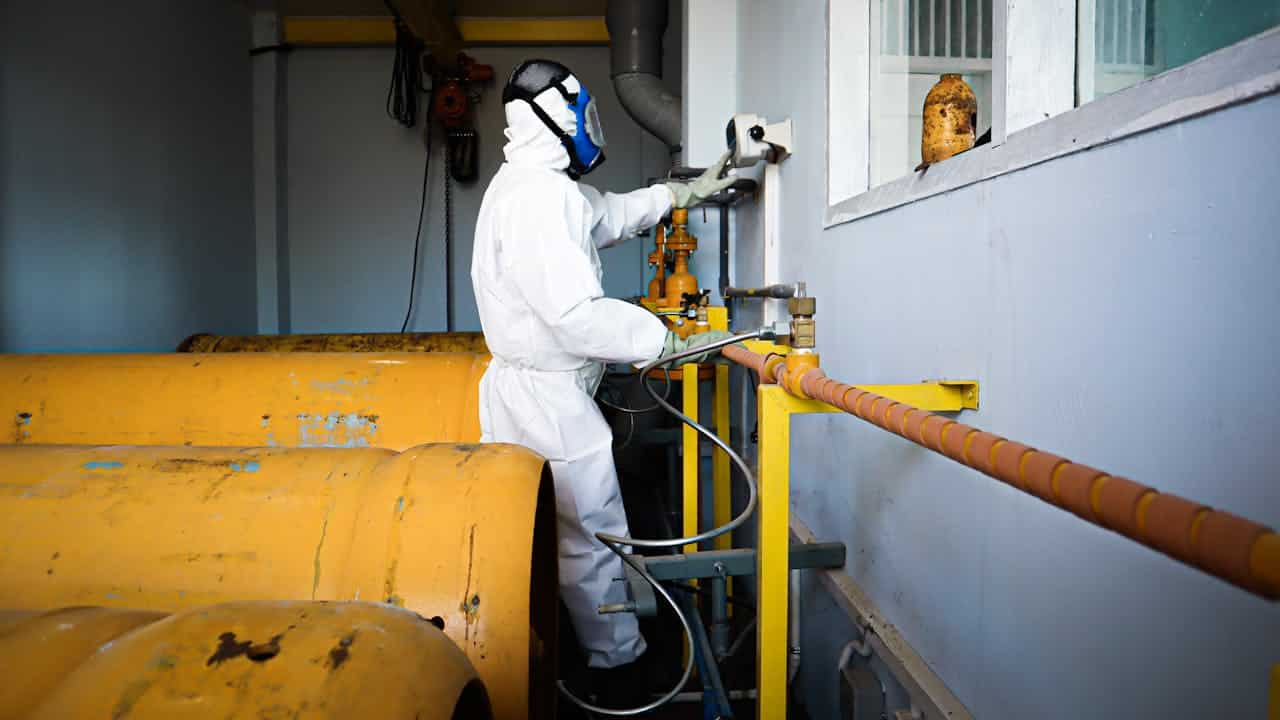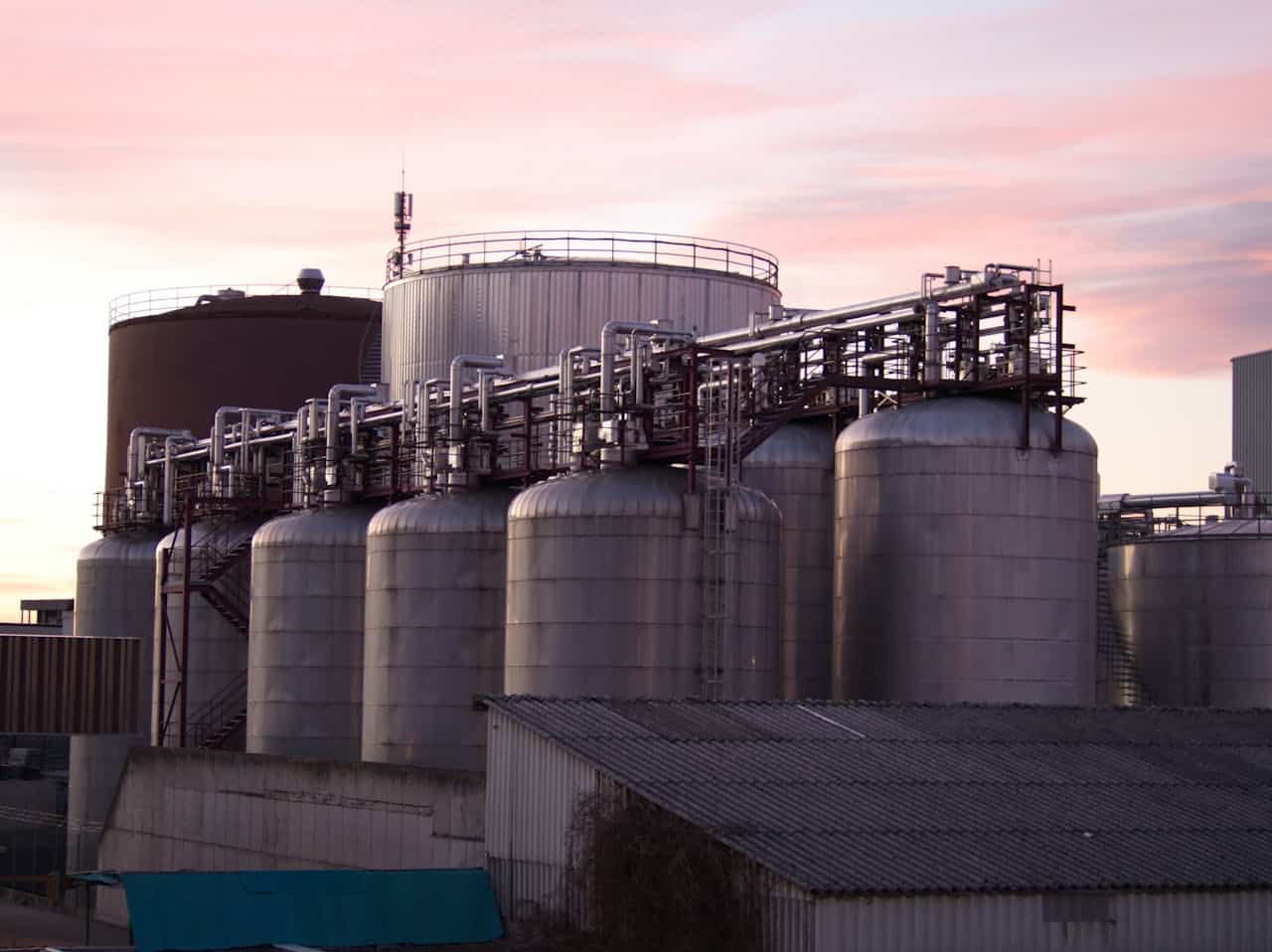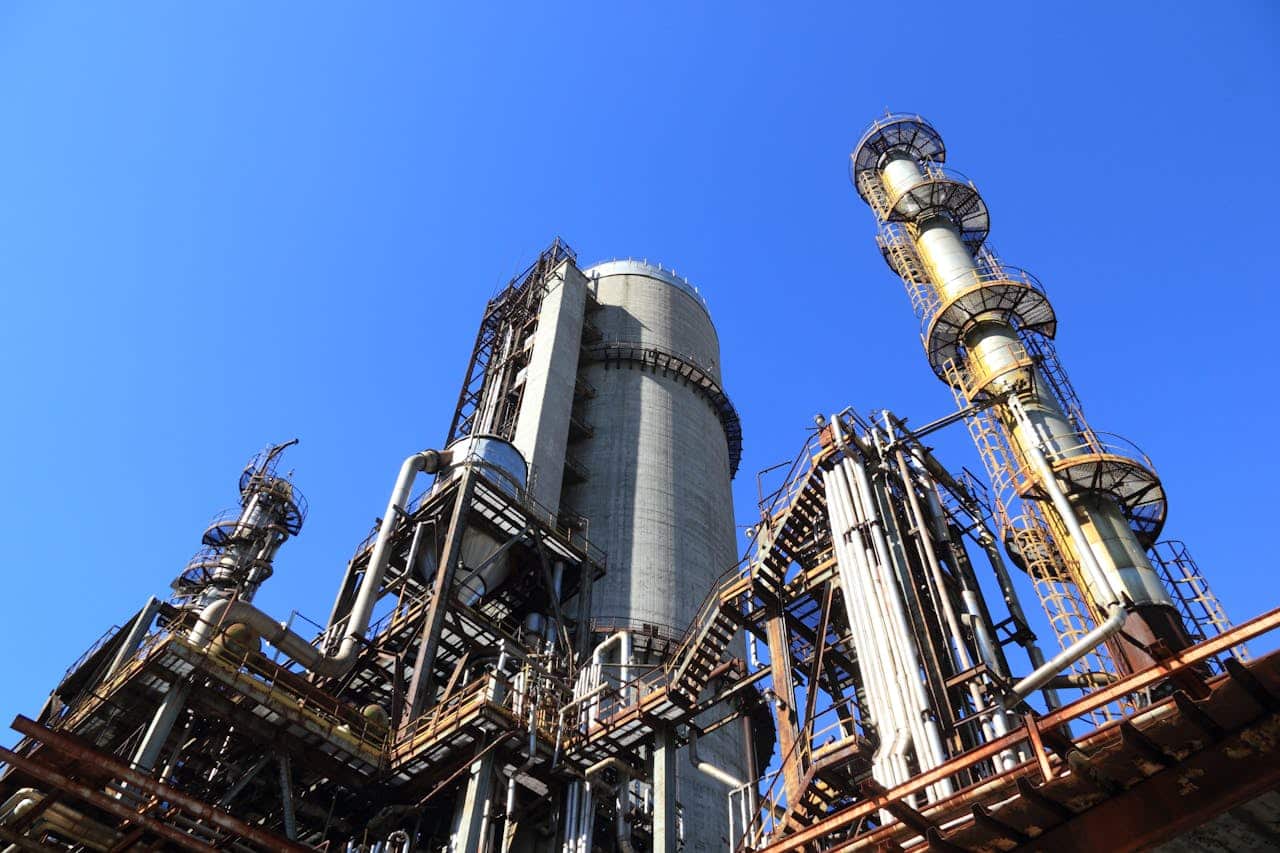Certified Crude Oil Trading Analyst (Sampling, Testing and Evaluation)

| Date | Format | Duration | Fees (USD) | Register |
|---|---|---|---|---|
| 15 Dec - 19 Dec, 2025 | Live Online | 5 Days | $3785 | Register → |
| Date | Venue | Duration | Fees (USD) | Register |
|---|---|---|---|---|
| 01 Dec - 05 Dec, 2025 | Manchester | 5 Days | $6305 | Register → |
Did you know that in 2020, West Texas Intermediate (WTI) crude oil futures prices plunged into negative territory, highlighting the critical importance of accurate market assessments and timely decision-making in oil trading? This unprecedented event underscores the need for comprehensive training in crude oil analysis and trading strategies.
Course Overview
The Certified Crude Oil Trading Analyst course by Alpha Learning Centre is meticulously designed to equip professionals with essential skills in sampling, testing, and evaluating crude oil. This course focuses on laboratory methods, quality assessment procedures, and the impact of oil quality on trading decisions to ensure participants can effectively navigate the complex landscape of crude oil markets.
Why Select This Training Course?
Selecting this Crude Oil Trading Analyst Course offers numerous advantages for professionals involved in oil trading, market analysis, and quality control. Participants will gain advanced knowledge of crude oil assays, characterisation techniques, and trading strategies. The course provides hands-on experience with state-of-the-art testing equipment and real-time market simulations, enabling attendees to optimise their trading decisions effectively.
For organisations, investing in this training enhances overall trading performance and reduces financial risks. By ensuring that personnel are well-trained in crude oil evaluation methods and market analysis, organisations not only protect their assets but also build sustainable trading practices. Research shows that improved sampling techniques in the North Sea reduced the variance in quality assessment by 30%, allowing for more accurate pricing and fewer trading disputes.
Individuals who complete this course will benefit from enhanced career prospects as they become more valuable assets in their respective fields. The skills acquired through this training can lead to professional growth and increased responsibilities within their organisations. Studies indicate that errors in sampling WTI crude oil by as little as 1% could produce price variations exceeding $0.50 per barrel, significantly impacting trading contract outcomes.
Transform your crude oil trading capabilities – Register now for this critical advanced training programme.
Who is this Training Course for?
This Certified Crude Oil Trading Analyst course is suitable for:
- Trading Analysts
- Market Analysts
- Commodity Traders
- Risk Managers
- Quality Control Specialists
- Petroleum Engineers
- Financial Analysts
- Supply Chain Managers
- Refinery Operators
- Graduate Analysts
What are the Training Goals?
The objectives of this training course are to enable professionals to:
- Master crude oil sampling techniques
- Develop expertise in quality testing
- Enhance market analysis skills
- Strengthen trading strategy development
- Improve risk management capabilities
- Optimise data interpretation and reporting
- Advance decision-making skills
How will this Training Course be Presented?
The Certified Crude Oil Trading Analyst Course employs a comprehensive and innovative approach to ensure maximum knowledge retention and skill development. Expert-led instruction from seasoned oil trading professionals forms the core of the course, providing up-to-date insights into modern analytical techniques and practical applications for today’s oil markets.
The course utilises a blend of theoretical lectures and practical applications, allowing participants to apply their knowledge to realistic scenarios. Advanced educational methodologies create a personalised and engaging learning journey through:
- Interactive workshops with industry-standard analytical tools
- Real-time market simulations for hands-on trading experience
- Case study analysis of successful trading strategies
- Hands-on testing sessions with advanced laboratory equipment
- Group projects focused on market analysis and risk management
- Expert guest lectures from industry leaders
- Data analysis exercises using cutting-edge software
Join us now and elevate your crude oil trading expertise to new heights!
Course Syllabus
Module 1: Fundamentals of Crude Oil Trading
- Overview of global oil markets
- Supply and demand dynamics
- Price formation mechanisms
- Trading platforms and exchanges
- Market participants and roles
- Regulatory frameworks
- Risk management strategies
- Trading ethics and compliance
- Case studies on trading strategies
Module 2: Crude Oil Sampling Techniques
- Sampling equipment and tools
- Sampling procedures and protocols
- Quality assurance in sampling
- Handling and storage of samples
- Safety considerations in sampling
- Regulatory compliance in sampling
- Documentation and record-keeping
- Case studies on sampling best practices
- Advanced sampling technologies
- Integration with testing processes
Module 3: Quality Testing and Analysis
- Physical and chemical properties of crude oil
- Laboratory testing methods
- Analytical instrumentation and techniques
- Quality control and assurance
- Interpretation of test results
- Impact of quality on trading decisions
- Case studies on quality testing
- Advanced testing technologies
- Integration with trading strategies
- Environmental considerations in testing
- Future trends in quality analysis
Module 4: Market Analysis and Forecasting
- Data collection and analysis techniques
- Market trend identification
- Price forecasting models
- Supply chain analysis
- Geopolitical impact on markets
- Economic indicators and their influence
- Case studies on market analysis
- Advanced analytical tools
Module 5: Trading Strategy Development
- Strategy formulation and implementation
- Risk assessment and management
- Portfolio optimisation techniques
- Hedging strategies and instruments
- Performance evaluation and metrics
- Continuous improvement in strategies
- Case studies on successful strategies
- Integration with market analysis
- Future trends in trading strategies
- Technology integration in strategy development
Module 6: Risk Management in Trading
- Identification of trading risks
- Risk assessment methodologies
- Risk mitigation strategies
- Use of derivatives in risk management
- Regulatory compliance in risk management
- Case studies on risk management
- Best practices in risk management
Module 7: Data Analysis and Interpretation
- Data collection and processing methods
- Statistical analysis techniques
- Predictive analytics applications
- Data visualisation tools
- Decision support systems
- Integration with trading strategies
- Case studies on data analysis
- Advanced data analytics technologies
- Future trends in data analysis
Module 8: Financial Analysis and Reporting
- Financial statement analysis
- Key performance indicators
- Budgeting and forecasting
- Cost analysis and control
- Financial risk assessment
- Reporting and documentation
- Case studies on financial analysis
Module 9: Supply Chain and Logistics Management
- Supply chain optimisation strategies
- Inventory management techniques
- Logistics and distribution planning
- Supplier relationship management
- Risk management in supply chains
- Technology integration in logistics
Module 10: Environmental and Regulatory Compliance
- Environmental impact assessments
- Regulatory requirements in trading
- Compliance monitoring and reporting
- Best practices in environmental protection
- Case studies on regulatory compliance
- Integration with trading strategies
- Future trends in compliance
Module 11: Technology Integration in Trading
- Digital transformation in trading
- Internet of Things (IoT) applications
- Artificial intelligence and machine learning
- Blockchain technology for data security
- Advanced analytics and big data
- Future trends in technology integration
- Case studies on technology in trading
Module 12: Leadership and Communication Skills
- Effective communication strategies
- Team leadership and management
- Conflict resolution techniques
- Negotiation and persuasion skills
- Cross-cultural communication
- Stakeholder engagement and collaboration
- Presentation and reporting skills
- Building collaborative and high-performing teams
- Coaching and mentoring practices
- Emotional intelligence in leadership
Training Impact
The impact of crude oil trading analysis training is evident through various real-world case studies and data, which demonstrate the effectiveness of structured programmes in enhancing trading performance and risk management.
Research indicates that organisations implementing structured crude oil analysis training programmes have demonstrated measurable benefits in both trading accuracy and operational efficiency. A study in the North Sea showed that improved sampling techniques reduced quality assessment variance by 30%, leading to more accurate pricing and fewer disputes in trading contracts.
These case studies highlight the tangible benefits of implementing advanced crude oil analysis techniques:
- Improved accuracy in quality assessment and pricing
- Enhanced risk management through better contaminant detection
- Increased trading efficiency through advanced analytical tools
- Strengthened market analysis and forecasting capabilities
By investing in this advanced training, organisations can expect to see:
- Significant improvement in trading performance metrics
- Improved ability to handle complex market conditions
- Enhanced decision-making capabilities in crude oil transactions
- Increased competitiveness through comprehensive analytical strategies
Transform your career and organisational performance – Enrol now to master Crude Oil Trading Analysis techniques!

